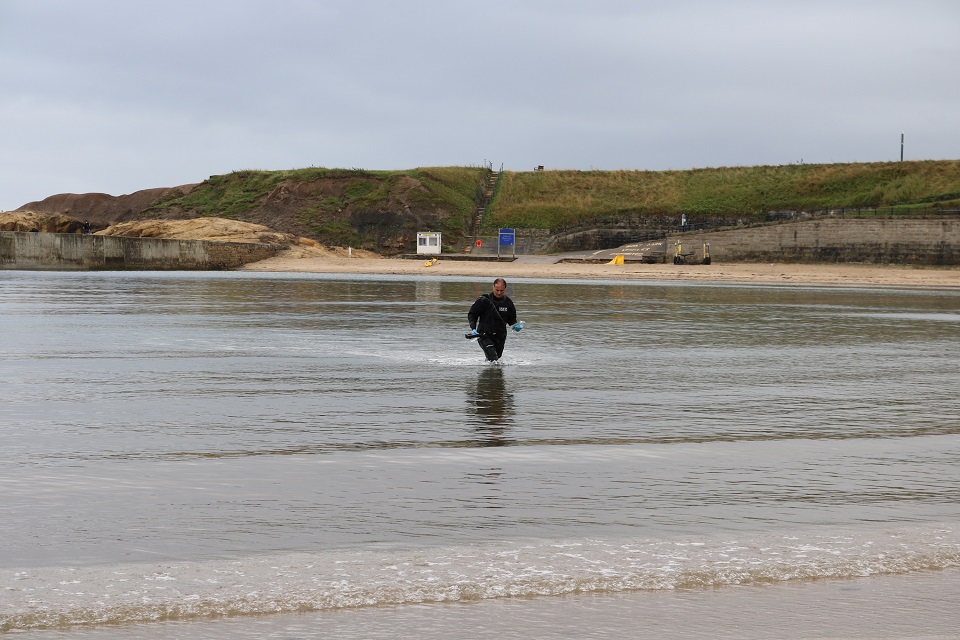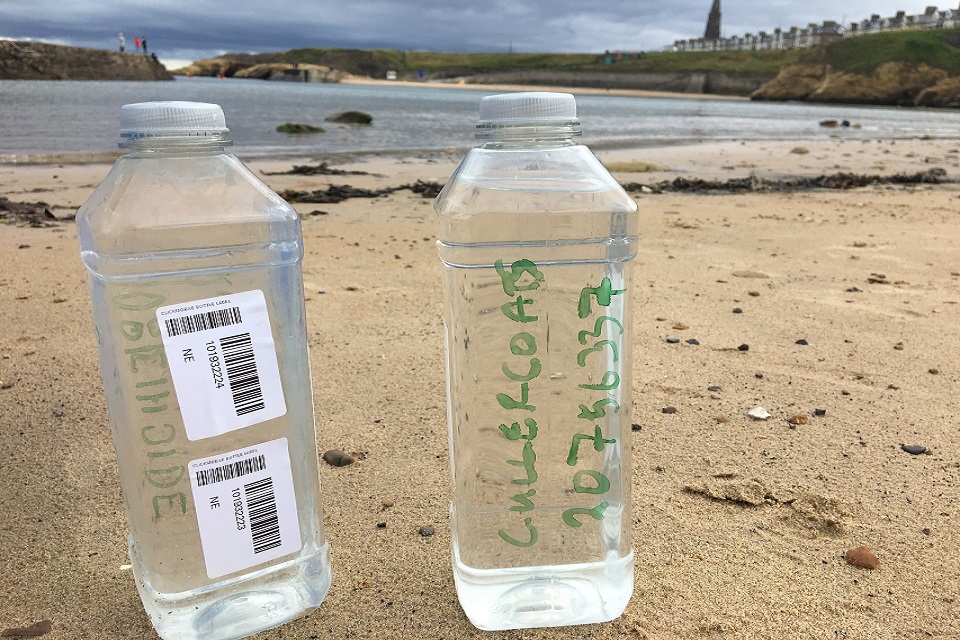News story: Jenrick toasts success of Scottish industry
- Treasury Minister meets with local Moray leaders to discuss how government can support vision for growth
- 205,000 more people in employment and 61,200 more businesses in Scotland than in 2010
- Scotch whisky continues to be a national success story, with nearly £2 billion exported this year alone
- government continues to engage with the Oil and Gas sector on competition and innovation
Scotland’s innovators are helping to drive forward the UK’s economy, with the number of businesses growing and more people in employment than in 2010.
Treasury Minister Robert Jenrick will today (28 August 2018) visit Moray, as part of his tour of the UK, to meet local leaders and entrepreneurs to lift the lid on innovations that are powering the ‘new economy’.
During his visit he will meet with businesses and local politicians to discuss how the Treasury can best support their ideas for a potential Moray growth deal.
The Exchequer Secretary to the Treasury, Robert Jenrick, said:
From booming traditional industries like Scotch whisky, to new innovations in the aircraft industry, it’s clear that the Scotland’s entrepreneurs are getting it right and exporting their goods all over the world.
I want to champion these contributions, which too often go unnoticed, by highlighting the work being done to drive up productivity and ensure our economy is fit for the future.
It is also great to meet with local leaders to discuss their vision for the Moray economy, and how we can support this vision going forward. I look forward to being able to make progress on the Moray growth deal.
During a the visit to Strathisla distillery, Mr Jenrick singled out the whisky industry as a particular success story, which has exported nearly £2 billion worth of Scotch whisky in 2018 alone. He will also meet with Copernicus Technology, which is providing state-of-the-art technology for use in RAF aircraft. And the minister will hold a roundtable to further engage with leaders from the oil and gas sector.
Further information
Scottish economy facts:
- since early 2010, 205,000 (+8%) more people are in employment in Scotland. Unemployment has fallen by 104,000 (-48%) over the same period
- the employment rate is up 5.4 percentage points since early 2010
- the unemployment rate is down 4.1 percentage points since early 2010
- Scotland has the third highest productivity of all UK regions and nations and the second highest productivity growth since 2010 (14.1%)
The Chancellor Philip Hammond highlighted the role of innovators in the new economy in his Autumn Budget and set out the government’s plans to support those who deliver growth, create higher paying jobs and make sure everyone has the skills they need.

